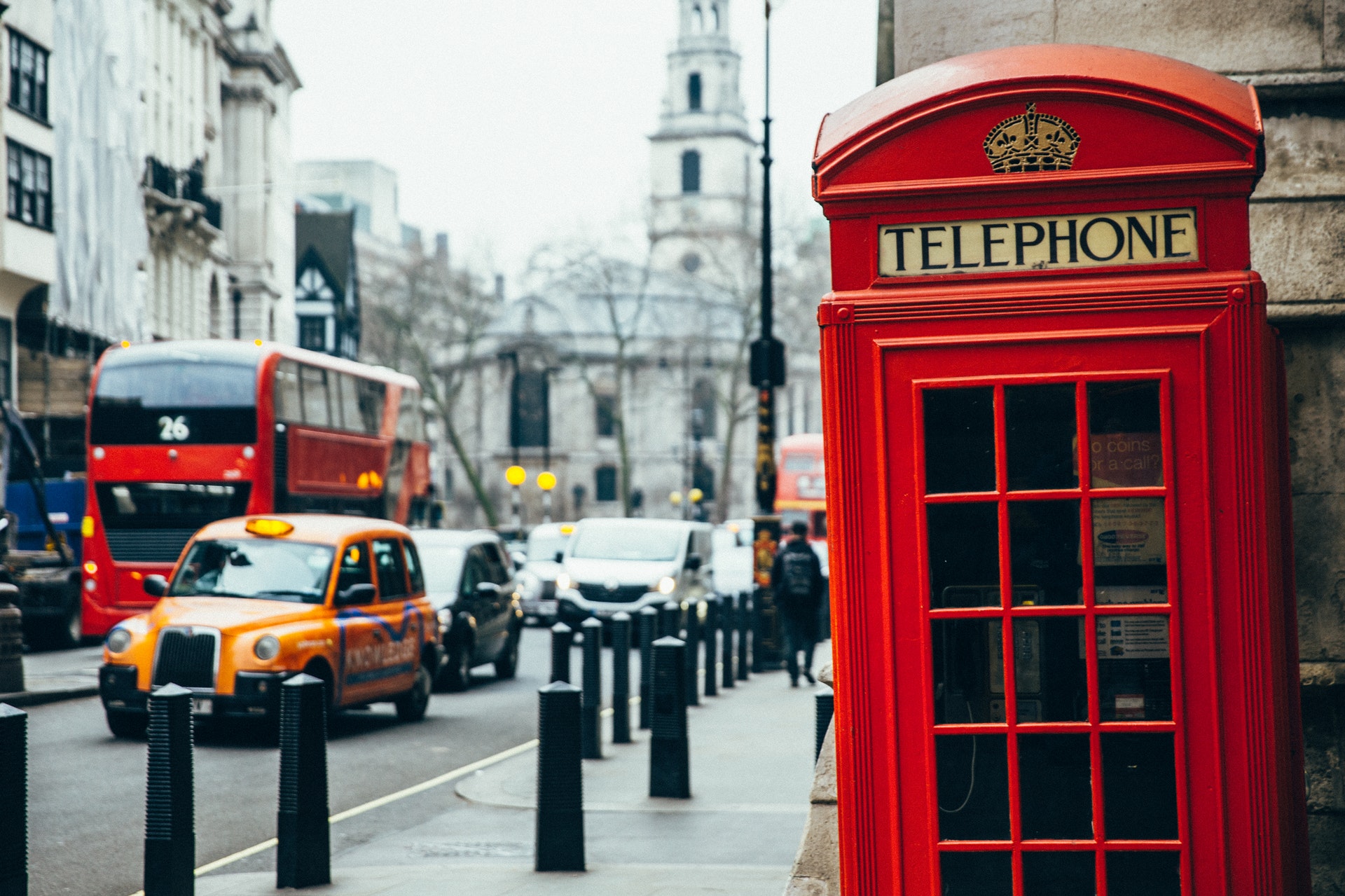London’s new Ultra-Low Emission Zone (ULEZ) is now being enforced, as of 8th April 2019.
Part of the Government’s Clean Air Strategy, the zone will operate across the same area as the Congestion Charge and will replace the existing T-Charge (officially known as the Emissions Surcharge). The zone’s main aim is to improve air quality in the city by reducing the levels of harmful NOx emissions.
All types of vehicles – from motorbikes and cars through to HGVs and coaches – are set to be affected by daily charges unless they meet the relevant emission standard. Any vehicle that does comply will receive full exemption from the charges, and other discounts are available.
The ULEZ standards are:
- Euro 3 for motorcycles, mopeds, motorised tricycles and quadricycles
- Euro 4 for petrol cars, vans, minibuses and other specialist vehicles
- Euro 6 for diesel cars, vans, minibuses and other specialist vehicles, as well as buses, coaches and lorries
The Euro 4 standard became mandatory for all new petrol cars registered with the DVLA after 2005, while Euro 6 applies post-September 2015. Although, a vehicle’s age isn’t the only factor that determines its emission standard. For clarity, vehicle owners can check section D.2 of their V5C or enter their registration into TfL’s handy ‘Check your Vehicle’ tool.
The Cost
While the ULEZ will no doubt be a health benefit to local residents and will at least attempt to ease congestion in one of the country’s most densely-populated cities, it does present a potential financial risk for personal and business drivers alike.
Drivers of non-compliant vehicles can expect to pay £12.50 per day for entering the ULEZ as well as the £11.50 Congestion Charge. For funeral directors conducting ceremonies every weekday in this area, this could mean an additional payout of up to £120 per week – an annual cost of over £6,000.
Failure to pay the daily charges will result in a penalty charge notice of £160, which will further increase the cost of driving a non-compliant vehicle.
Many of the UK’s funeral directors remain independent businesses* with limited budgets, meaning that they may struggle to cope with the financial burden in the long run. It can be argued that larger funeral groups have the capacity to absorb this additional cost, however, their varied fleets can include older vehicles that are often less efficient.
There are a series of discounts and exemptions available for drivers of non-compliant vehicles for a limited time – the so-called sunset period will end on 24th October 2021 and, after this date, all residents will be expected to pay the full fees if their vehicles still aren’t compliant. Here’s how residents will benefit from these discounts:
- Those who receive the Congestion Charge residents’ discount of 90% per vehicle will, in turn, be eligible for a full exemption from ULEZ charges until the end of the sunset period. This would result in an annual payout of £299, saving drivers almost £2,700
- All other residents will continue to pay the existing T-Charge at a reduced rate of 90% for the duration of the sunset period – this will result in an even further decreased annual fee of £260
- To check if you live within the Congestion Charge zone or the ULEZ, you can check your postcode here
- Other exemptions include drivers of vehicles registered with a “disabled” or “disabled passenger vehicle” tax class (who will be eligible for a full exemption, regardless of residential status) up to 26th October 2025 and historic vehicles over 40 years old

London’s ULEZ will introduce charges to improve air quality and ease congestion in the City, while other locations are considering alternative options such as traffic management
For those who aren’t eligible for a discount, there are a variety of other options available, including:
- Go ultra-low
Ultra-Low Emission Vehicles (ULEVs) include pure electric vehicles, electric range-extender vehicles, and hybrids, and are capable of at least some zero-emission running. If ULEZ standards change, it’s likely that these vehicles will retain their compliant status thanks to their minimal emissions and will be a sound investment for the future.
- Use public transport
TfL have pledged to have the cleanest taxi fleet in the world by phasing out diesel taxis in favour of electric variants as of January 2018; the organisation is also working on reducing emissions throughout their bus network and have introduced a series of fare freezes throughout the Underground network.
- Join a car club
Car clubs and car share schemes provide the flexibility to drive without having the financial burden of long-term payments or insurance associated with car ownership. All of these vehicles must be ULEZ compliant by April 2019.
- Upgrade your vehicle
Public transport or car sharing isn’t feasible for everyone, and not all drivers are confident that ULEVs are right for them. While buying a brand new vehicle that is compliant might not be viable, there is the option of upgrading to a second-hand vehicle that is still compliant.
In addition to London’s ULEZ, Glasgow is already rolling out its own low emission zone and around 10 similar zones are expected to be introduced across the UK in the next 2 years. Other locations across the country intend to use alternative methods such as improved traffic management to combat traffic pollution without imposing financial charges.
*according to Coleman Milne’s extensive research of the funeral market



